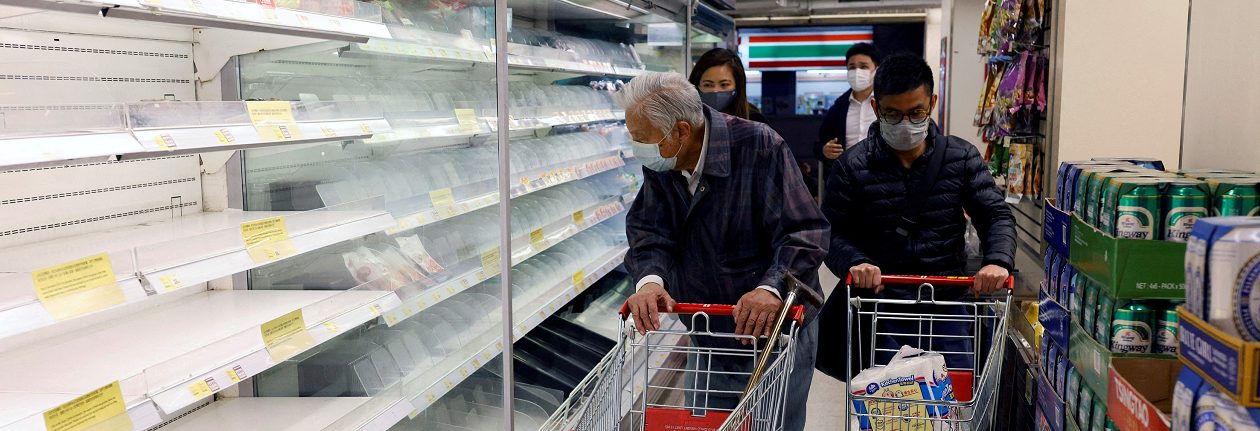The war in Ukraine poses many threats not only to Ukraine, but to the entire world. The sanctions against Russia are extreme if not unprecedented.
However, we should not believe that this will come at no cost to the world. Already, the prices of wheat and oil are skyrocketing, but it is still not the worst of it. The worst will come when there is none of them, when supermarket shelves in Europe and the US are empty because of the war in Ukraine. The most important lesson we can (and should) already learn from this war is that the world is one, interdependent global village, and that when you hurt someone else, you hurt yourself.
Even before the war broke out, the strain on supply chains was driving up prices, and inflation was breaking records in the US and elsewhere. But now, for some products, the supply chains will collapse altogether.
“We should not deal with this crisis only on the superficial level. We should not settle for looking for substitutes for the missing products. If we do, the substitutes will fail us, too.”
We should not deal with this crisis only on the superficial level. We should not settle for looking for substitutes for the missing products. If we do, the substitutes will fail us, too.
Instead, we need to use the opportunity to correct the reason for the broken supply chains: our broken connections. The sanctions against Russia, with their implications to both Russia and the West, should make us realize that we cannot build our relationships on mutual exploitation. Our relations will be sustainable only if we establish them on trust and mutual complementation.
“When parties seek not only to profit from their deals, but to extort the other parties, to take from them more than they are willing to give, either by deceit or by force, this will not work for long. We must change our attitude from using our resources to impose our will, into sharing our resources for the greater good.”
It is clear that in every transaction, each party has its own interest in mind; there is nothing wrong with that. However, when parties seek not only to profit from their deals, but to extort the other parties, to take from them more than they are willing to give, either by deceit or by force, this will not work for long. We must change our attitude from using our resources to impose our will, into sharing our resources for the greater good.
It is not as though we should suddenly love each other, at least not yet. But even if we cannot stand each other, we all have goods that others need but do not have, and others have goods that we need but do not have. Therefore, even if we cannot stand each other, we must share with one another. But for the chain to remain open, we must work with mutual respect and decency.











